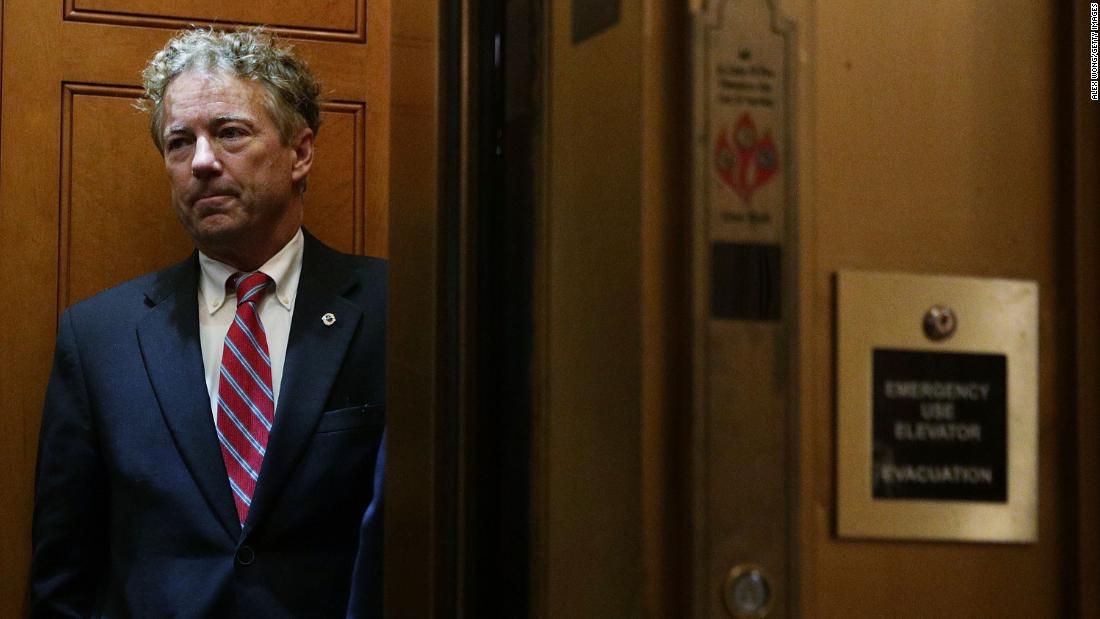
On Wednesday, Paul objected to the attempt to pass the proposal unanimously, saying he wanted the Senate to pass his own bill, which would apply whistleblower protections to Edward Snowden, who has been living in exile in Russia after leaking American intelligence secrets in 2013, and allow President Donald Trump to face his accuser.
Senate Minority Leader Chuck Schumer said Republican calls to name the whistleblower are "wrong" and "dangerous" and that outing the person would send a "chilling message to future patriots."
The New York Democrat urged the Senate to pass this resolution to reaffirm a long-standing tradition of protecting whistleblowers. These are laws that have existed "since the founding of our republic," Schumer added.
After Sen. Mazie Hirono, a Hawaii Democrat, asked for unanimous consent, Paul objected. He then introduced his own bill, The Whistleblower Protection Act of 2019, which he said would provide retroactive protections for whistleblowers that could then be applied to defend Snowden, for example, and would ensure the President can have a right to address his accuser.
Paul said he isn't objecting because he doesn't support whistleblowers, but the system should be refined.
At a campaign rally in Kentucky on Monday, Paul demanded that members of the media publish the identity of the anonymous whistleblower at the heart of the House impeachment inquiry into Trump's dealings with Ukraine.
"I say tonight to the media: Do your job and print his name," Paul yelled during a rally Trump held in support of Republican Gov. Matt Bevin's reelection campaign ahead of Tuesday's gubernatorial election.
No comments:
Post a Comment